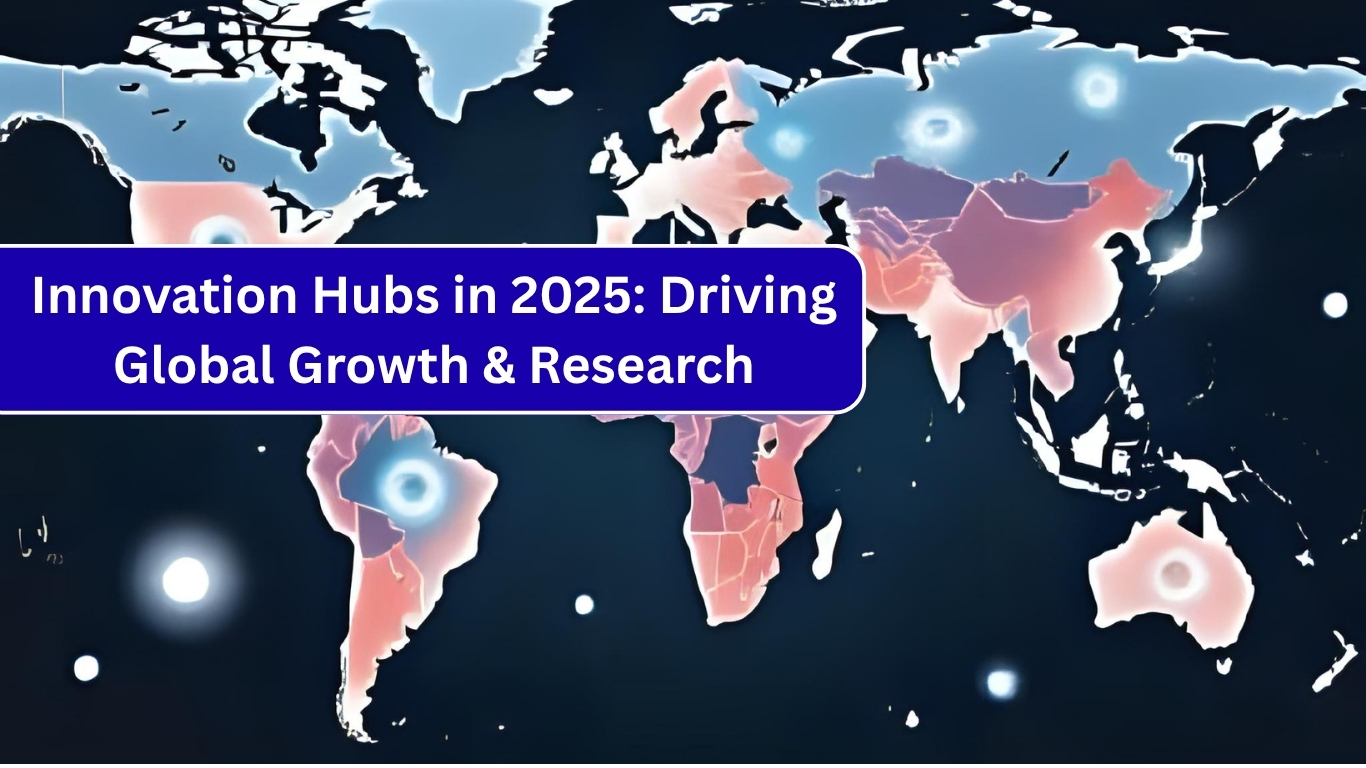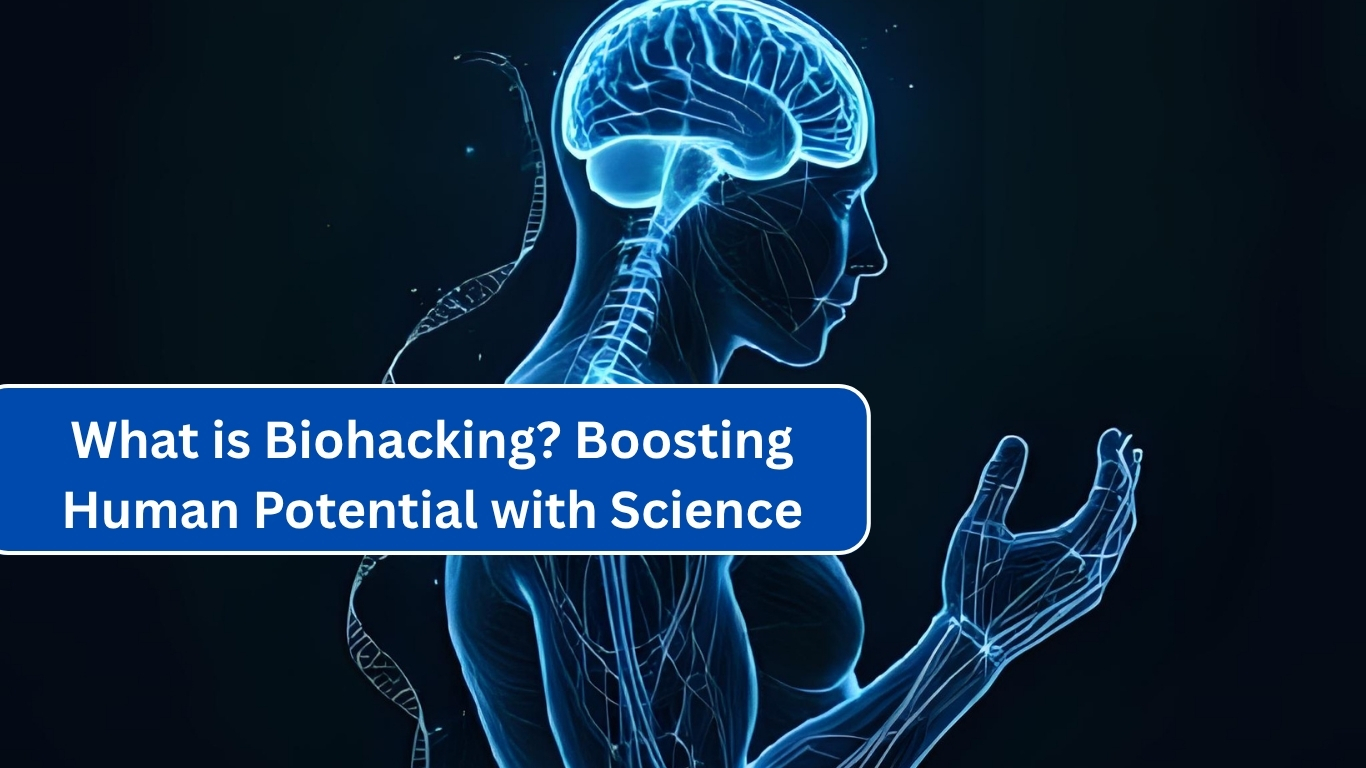In 2025, the engine behind many global breakthroughs is not just a lab—it’s a hub. Innovation hubs are transforming cities and communities into high-impact zones of research, entrepreneurship, and sustainable development.
Here’s how innovation hubs are powering global development across sectors and continents this year.
1. What Are Innovation Hubs?
Innovation hubs are dynamic ecosystems where universities, tech startups, governments, and investors collaborate to solve complex problems.
Key Elements:
- Shared infrastructure (labs, coworking, prototyping spaces)
- Access to funding and mentorship
- Policy support and university tie-ins
2. Global Growth of Innovation Zones
From Silicon Valley to Nairobi’s iHub, innovation hubs are expanding rapidly.
Top Global Hubs in 2025:
- Bangalore, India: Deep tech + AI + agritech
- Berlin, Germany: Sustainability and cleantech
- Toronto, Canada: Health innovation + AI
- Tel Aviv, Israel: Cybersecurity + IoT
- Kigali, Rwanda: Education tech + fintech
3. Boosting Sustainable Development Goals (SDGs)
Innovation hubs are helping nations meet UN goals by:
- Driving climate innovation (e.g. solar, biotech)
- Creating inclusive education platforms
- Supporting job creation through local entrepreneurship
Example: UNDP-backed innovation labs in Southeast Asia are using AI to track crop yields and reduce hunger.
4. Education, Research & Talent Flow
Universities and research centers are often the foundation of these hubs.
Impact on Education:
- Industry-academia partnerships
- Real-world R&D projects for students
- Global talent exchange programs
Result: Smarter graduates + scalable solutions
5. AI, Robotics & the Future of Work
In 2025, innovation hubs are leading the way in frontier tech adoption.
Emerging Trends:
- AI-powered startups in healthcare and finance
- Drone delivery and robotics testing zones
- Incubators focused on ethical tech development
6. Policy Support & Smart Infrastructure
Governments are investing in innovation corridors and smart cities.
Examples:
- India’s Startup India Mission expansion
- Africa’s Smart Africa initiative
- EU’s Horizon Europe Innovation programs
These ensure innovation isn’t just urban—it’s rural, inclusive, and scalable.
Conclusion
Innovation hubs are no longer just tech parks—they are engines of equitable, global progress. In 2025, they’re solving climate issues, transforming education, and creating new economic opportunities from Kigali to Copenhagen.
The future isn’t just being built—it’s being co-created, hub by hub.










